TechnoSonics XIX - VOICES
The TechnoSonics Festival returns for its 19th year with the theme of Voices. Featured guests include John and Maureen Chowning, WAI and their Māori Electronica Roots (WAI is the Māori word for Water), and Dan Joseph. The festival will span three days of free concerts and colloquia:
John Chowning Colloquium will take place on Friday, September 21st at 2pm in 113 Old Cabell Hall.
Concert I is at 8pm on Friday, September 21st in Old Cabell Hall.
Concert II is at 8pm on Saturday, September 22 at The Bridge PAI.
The festival culminates with Concert III: WAI on Sunday, September 23rd at 8pm in Old Cabell Hall.
Meet some of those involved in TechnoSonics XIX Voices:
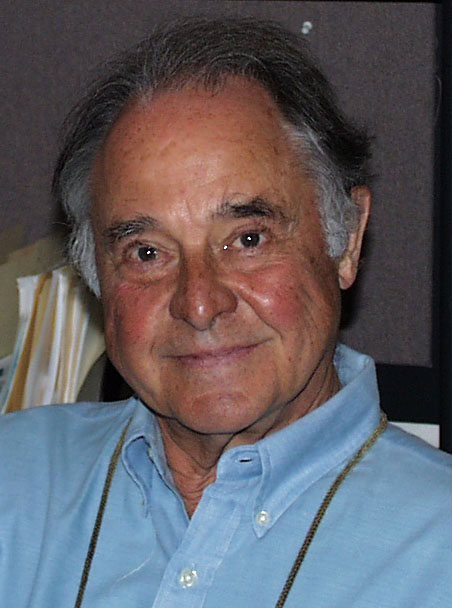 American composer and electronic music pioneer John Chowning was born in Salem, New Jersey in 1934. Following military service and four years at Wittenberg University, he studied composition in Paris with Nadia Boulanger. He received the doctorate in composition (DMA) from Stanford University in 1966, where he studied with Leland Smith. In 1964, with the help of Max Mathews of Bell Telephone Laboratories and David Poole of Stanford University, he set up a computer music program using the computer system of Stanford's Artificial Intelligence Laboratory. Beginning the same year he began the research that led to the first generalized surround sound localization algorithm. Chowning discovered the frequency modulation synthesis (FM) algorithm in 1967. This breakthrough in the synthesis of timbres allowed a very simple yet elegant way of creating and controlling time-varying spectra. Inspired by the perceptual research of Jean-Claude Risset, he worked toward turning this discovery into a system of musical importance, using it extensively in his compositions. In 1973 Stanford University licensed the FM synthesis patent to Yamaha in Japan, leading to the most successful synthesis engine in the history of electronic musical instruments. [interview about FM synthesis Jun 17, 2015, Barcelona http://rwm.macba.cat/en/sonia/john-chowning-/capsula]
American composer and electronic music pioneer John Chowning was born in Salem, New Jersey in 1934. Following military service and four years at Wittenberg University, he studied composition in Paris with Nadia Boulanger. He received the doctorate in composition (DMA) from Stanford University in 1966, where he studied with Leland Smith. In 1964, with the help of Max Mathews of Bell Telephone Laboratories and David Poole of Stanford University, he set up a computer music program using the computer system of Stanford's Artificial Intelligence Laboratory. Beginning the same year he began the research that led to the first generalized surround sound localization algorithm. Chowning discovered the frequency modulation synthesis (FM) algorithm in 1967. This breakthrough in the synthesis of timbres allowed a very simple yet elegant way of creating and controlling time-varying spectra. Inspired by the perceptual research of Jean-Claude Risset, he worked toward turning this discovery into a system of musical importance, using it extensively in his compositions. In 1973 Stanford University licensed the FM synthesis patent to Yamaha in Japan, leading to the most successful synthesis engine in the history of electronic musical instruments. [interview about FM synthesis Jun 17, 2015, Barcelona http://rwm.macba.cat/en/sonia/john-chowning-/capsula]
Chowning was elected to the American Academy of Arts and Sciences in 1988 and awarded the Honorary Doctor of Music by Wittenberg University in 1990. The French Ministre de la Culture awarded him the Diplôme d’Officier dans l’Ordre des Arts et Lettres in 1995. He was given the Doctorat Honoris Causa in 2002 by the Université de la Méditerranée, by Queen’s University in 2010, Hamburg University in 2016. and Laureate of the Giga-Hertz-Award in 2013. He taught computer-sound synthesis and composition at Stanford University's Department of Music. In 1974, with John Grey, James (Andy) Moorer, Loren Rush and Leland Smith, he founded the Center for Computer Research in Music and Acoustics (CCRMA), which remains one of the leading centers for computer music and related research. (from https://ccrma.stanford.edu/people/john-chowning) More: SoundonSound profile of John Chowning
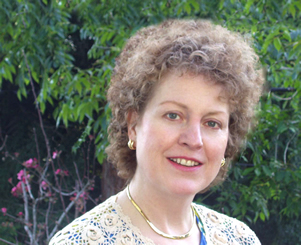 Coloratura soprano Maureen Chowning studied at the Boston and New England Conservatories of Music before moving to the San Francisco Bay area. She has since appeared on the Public Broadcasting System's NOVA series and Smithsonian World with Max Mathews, demonstrating his Radio Baton and conductor program. She has also performed at concerts in the UK, Canada, Poland, and Japan and at the International Electronic Music Festival at Bourges, France, where in 1990 she gave the world premiere of "Solemn Songs for Evening" by Richard Boulanger and in 1997 she gave the premiere of "Sea Songs" by Dexter Morrill. In addition to singing the premiere of Joanne Carey's "Three Spanish Songs", she and the composer performed this piece in Poland, Hong Kong, Vancouver and Mexico.
Coloratura soprano Maureen Chowning studied at the Boston and New England Conservatories of Music before moving to the San Francisco Bay area. She has since appeared on the Public Broadcasting System's NOVA series and Smithsonian World with Max Mathews, demonstrating his Radio Baton and conductor program. She has also performed at concerts in the UK, Canada, Poland, and Japan and at the International Electronic Music Festival at Bourges, France, where in 1990 she gave the world premiere of "Solemn Songs for Evening" by Richard Boulanger and in 1997 she gave the premiere of "Sea Songs" by Dexter Morrill. In addition to singing the premiere of Joanne Carey's "Three Spanish Songs", she and the composer performed this piece in Poland, Hong Kong, Vancouver and Mexico.
In March 2005 she gave the world premiere of "Voices," composed for her by John Chowning, for computer generated sound and solo soprano at the Maison de Radio in Paris and in March 2006 the US premiere as part of a Berkeley Symphony Concert series. Also, Ms Chowning performed "Oscura" by Jean-Claude Risset in Buenos Aires, Quito and CCRMA, Stanford University. She is noted for her special ability to sing comfortably in alternative tunings, such as the Pierce scale, and in a wide variety of styles. Her repertoire ranges from Handel oratorios, operatic roles such as the "Queen of the Night" from Mozart's "The Magic Flute", to contemporary music including works of Schoenberg, Qui Dong, Servio Marin, and Atau Tanaka. Ms. Chowning has maintained a busy private studio for vocal instruction for 27 years and is very active giving master-classes around the world.
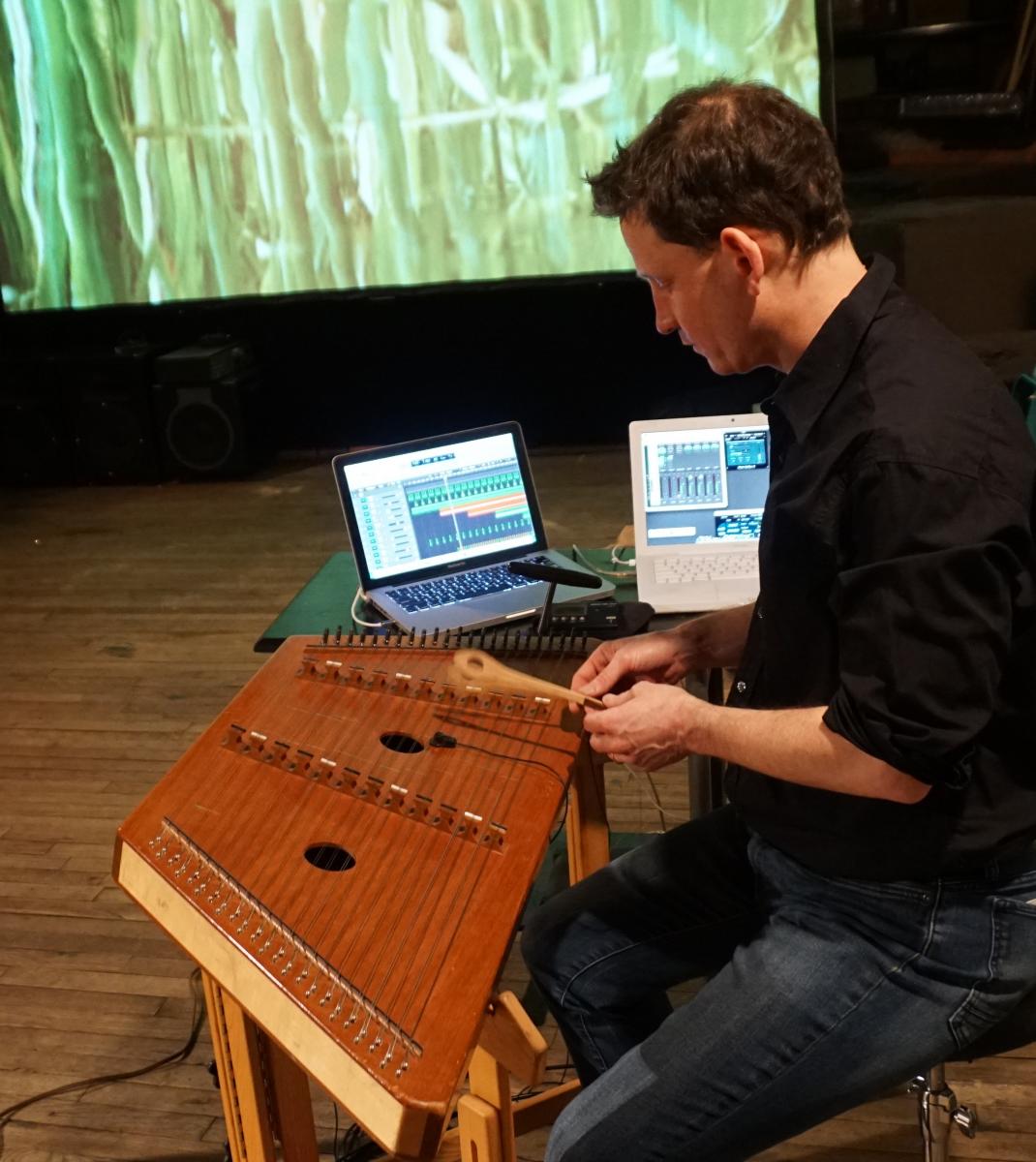 Dan Joseph is a free-lance composer, curator and writer based in New York City. He began his career as a drummer in the vibrant punk scene of his native Washington, DC. During the late 1980s, he was active in the experimental tape music underground, producing ambient-industrial works for independent labels in the U.S. and abroad. He spent the ‘90s in California where he studied at CalArts and Mills College. His principal teachers include Pauline Oliveros, Alvin Curran and Mel Powell. Equally influential were his studies with Terry Riley during several workshops in California and Colorado.
Dan Joseph is a free-lance composer, curator and writer based in New York City. He began his career as a drummer in the vibrant punk scene of his native Washington, DC. During the late 1980s, he was active in the experimental tape music underground, producing ambient-industrial works for independent labels in the U.S. and abroad. He spent the ‘90s in California where he studied at CalArts and Mills College. His principal teachers include Pauline Oliveros, Alvin Curran and Mel Powell. Equally influential were his studies with Terry Riley during several workshops in California and Colorado.
A New York resident since 2001, Dan’s work has been presented at Merkin Concert Hall (NYC), Diapason Gallery for Sound (NYC), Roulette (NYC), Issue Project Room (NYC) The Kitchen (NYC) Yerba Buena Center for the Arts (CA), New Langton Arts (CA), Headlands Center for the Arts (CA) and other venues. He has received commissions from several ensembles and performers, including Gamelan Son of Lion, the sfSoundGroup, baritone Thomas Buckner, and clarinetist Matt Ingalls. Dan has held residencies at Headlands Center for the Arts, the Lower Manhattan Cultural Council and Harvestworks Digital Media Arts Center.
As an artist who embraces the musical multiplicity of our time, Dan works simultaneously in a variety of media and contexts, including instrumental chamber music, free improvisation, and various forms of electronica and sound art. Since the late 1990s, the hammer dulcimer has been the primary vehicle for his music. As a performer he is active with his own chamber ensemble, The Dan Joseph Ensemble, as well as in various improvisational collaborations and as an occasional soloist. He has collaborated with a variety of creative artists including Miya Masaoka, Pamela Z, Loren Dempster, JD Parran, India Cooke, Andrea Williams, William Winant and Miguel Frasconi and John Ingle.
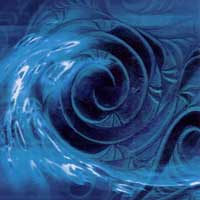 WAI and their Māori Electronica Roots: WAI is a startlingly original combination of the ancient and the modern. WAI weave the Māori language with it's natural percussive flow and Poi with synths and drums creating a sound as soulful and funky as any music, while sounding not remotely like anything heard before. Wai features Mina Ripia, Maaka Phat, Uta Te Whanga, and Tuari Dawson. “Ehara, taku toa i te toa takitahi, engari he toa, takitini” - My strength is not of an individual, but that of the collective.
WAI and their Māori Electronica Roots: WAI is a startlingly original combination of the ancient and the modern. WAI weave the Māori language with it's natural percussive flow and Poi with synths and drums creating a sound as soulful and funky as any music, while sounding not remotely like anything heard before. Wai features Mina Ripia, Maaka Phat, Uta Te Whanga, and Tuari Dawson. “Ehara, taku toa i te toa takitahi, engari he toa, takitini” - My strength is not of an individual, but that of the collective.
For the past two decades, WAI has been an innovative music-based cultural voice deconstructing stereotypes of Maori culture and reclaiming the past while defining the future anew. WAI are proud ambassadors for a cultural renaissance that is taking place across the Pacific, from the explosion in the Hawaiian recording industry to the Land of The Long White Cloud, better known as Aotearoa / New Zealand. Spending several years in London the group's debut album Wai100% charmed critics at both ends of the earth and plenty of places in between with two nominations for the BBC World Music Awards and some intensive touring since, with dazzling performances around Europe and North America.
Wai and EcoSono explore intercultural histories through the exchange of musical invention in collaboration with the environment. Combining the ancient “Punga (anchor) and the “Poi” technologies with contemporary computer music and ecoacoustic approaches, Wai and EcoSono engage in interactive improvisations through sound, song, movement and ecology.
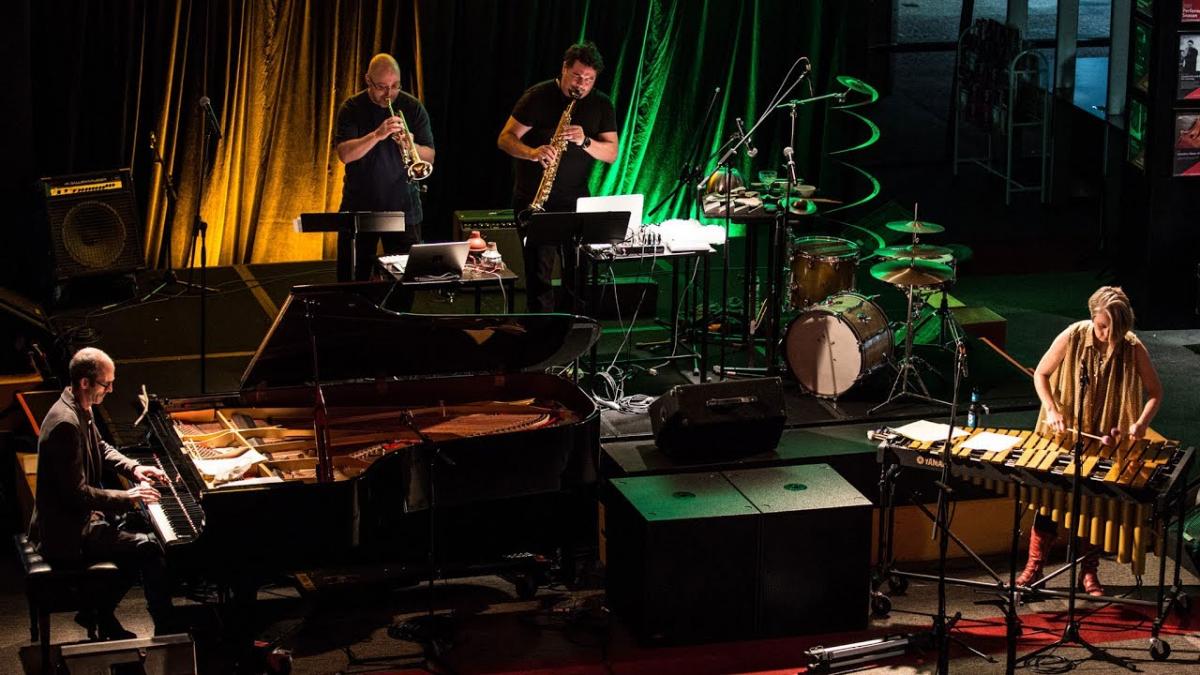 About EcoSono“…Jimmy Hendrix meets National Geographic”
About EcoSono“…Jimmy Hendrix meets National Geographic”
The EcoSono Ensemble, led by composer/eco-acoustician Matthew Burtner and trumpeter/sound artist Glen Whitehead, creates interactive earth music with a collective of diverse musicians, artists, scientists and activists from around the globe. As a branch of the EcoSono Institute, this ensemble employs improvisation and composition as a multidimensional activity, integrating ecoacoustics, technology, environmental exploration, cross-disciplinary collaborations, cultural exchange and environmental activism into artistic output and virtuosic instrumental and vocal performance. EcoSono pursues commonalities between interdisciplinary music creation and ecological awareness often blurring the lines between installation, field research and performance. The ensemble is equally at home performing in deep forests, wind-swept shores, urban landscapes, galleries and clubs, and in the finest concert halls across the globe. The EcoSono Ensemble has performed across the U.S., Canada, Korea, Australia, Tasmania, New Zealand and Mexico.
EcoSono Ensemble features Matthew Burtner, Glen Whitehead, Kevin Davis, Christopher Luna-Mega, and I-Jen Fang
Old Cabell Hall is located on the south end of UVA's historic lawn, directly opposite the Rotunda. (map) Parking is available in the central grounds parking garage on Emmet Street, in the C1 parking lot off McCormick Rd, and in the parking lots at the UVA Corner. Handicap parking is available in the small parking lot adjacent to Bryan Hall.
The Bridge PAI is located at 209 Monticello Road in Belmont, just across the Belmont Bridge from the Downtown Mall. It is the one-story brick building beside Lampo Pizzeria. The Bridge can be reached by calling (434) 218-2060 or e-maling info@thebridgepai.org
These events are free and open to the public. All events are subject to change.
